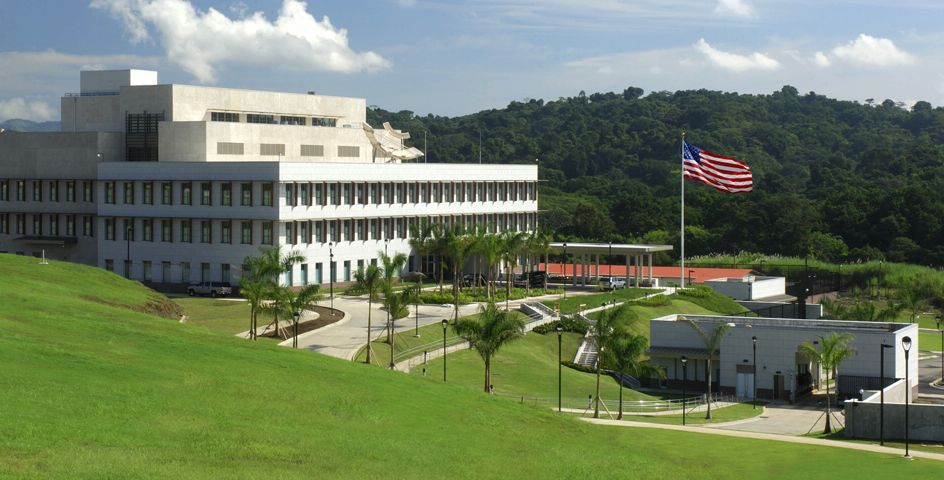The US Embassy in Yaoundé has said it will no longer issue visas to people travelling to the US to give birth so their children can obtain US citizenship.
In a statement on its Facebook page on Monday, the Embassy stated: “Using your U.S. visa to travel for the primary purpose of giving birth in the United States so that your child will have U.S. citizenship is not permitted.”
Under the 14th Amendment of the U.S. Constitution, any child born on American soil automatically acquires U.S. citizenship, regardless of the parents’ nationality.
Over the years, this has led to an increase in foreign nationals traveling to the U.S. with the specific intention of giving birth so that their children could benefit from citizenship rights such as education, healthcare, and future work opportunities.
The U.S. government views this practice as an abuse of the visa system, since tourist and non-immigrant visas are not intended for individuals seeking citizenship benefits through childbirth.
By declaring it “not permitted,” the embassy is signaling stricter enforcement of visa rules and enhanced scrutiny during the application process.
This move is part of a broader policy shift initiated in January 2020, when the U.S. State Department issued a final rule allowing consular officers to deny visitor visas to applicants suspected of traveling for birth tourism.
The reasoning was that such travel places strains on hospitals, immigration systems, and public resources, while also undermining the integrity of U.S. borders.
For expectant mothers in Cameroon and across Africa, this policy means tighter questioning during visa interviews, possible denial of travel documents if pregnancy is evident, and stricter monitoring of travel intentions.
It also serves as a warning that misrepresenting one’s reason for travel could lead to visa revocations and long-term bans from entering the U.S.
The amendment further explain that the consular officers now have the right to ask detailed questions about the purpose of travel, scrutinize medical history if pregnancy is visible or suspected, deny the visa if they believe the applicant’s primary reason is childbirth in the U.S.
Therefore, this policy was enforced to curb birth tourism, protect public resources and enhance immigration integrity.
Ultimately, the policy underscores a larger debate, balancing national security and immigration control on one hand, with individual freedoms and the dream of opportunity on the other.

